The Kairos Course
Introduction
The Kairos Course is a dynamic course that focuses on what God is doing around the world, in fulfillment of His global purpose. It is designed to educate and mobilize Christians and local churches into strategic, 21st century, world Christian mission.
Kairos Courses are happening all the time. For more info click here:
See our Las Vegas Kairos Facebook page for more details also.
Questions? Send them here
The Kairos Course was produced in the Philippines by Living Springs International (a ministry of World Outreach). The course uses materials from the three volume World Mission Book (Dr Jonathan Lewis) and Perspectives on the World Christian Movement (Frontier Ventures in Pasadena, California).
The course was produced, initially, to assist in the mobilization of the Filipino Church into world Christian mission. Since it was produced in 1994 more than twenty thousand have gone through the course, making the Kairos Course a major tool in seeing the Filipino Church emerge as a missionary sending Church. It has also been conducted in over eighty (80) countries & has been translated into over 20 languages.
The Kairos Course attempts to lay a foundation, in the lives of Christians and in local churches, for active and strategic involvement in world evangelization.
The Kairos Course seeks to accomplish this by:
1. Challenging the prevailing world-view of the Church, and to see it changed into a truly Biblical world-view, that reflects a clear understanding of the purpose and plan of God.
2. Providing a clear sense of continuity in the outworking of God’s worldwide ‘mission of mercy’ through a chosen people throughout all of history.
3. Educating in both standard and current missiological thinking and practice.
4. Encouraging active participation, by showing clear pathways for involvement.
A. The course consists of nine lessons. Each lesson consists of:
1. Worship
2. A Devotional study on mission (PowerPoint)
3. An introduction to and prayer focus on a major bloc of unreached peoples. (DVD)
4. A review of the previous chapter. (PowerPoint)
5. Participation in a growth point group. (Group Sharing)
6. An introduction to the new chapter. (PowerPoint)
7. A teaching or inspirational video. (DVD)
8. Readings and worksheets which would be done at home or in the classroom during an ‘intensive’ course. This would require a minimum of 1½-2 hrs work/chapter.
9. In addition, there are several activities that help the participants focus on key issues that relate to cross-cultural ministry (cross-cultural communication and contextualized worship).
The Kairos Course requires 2 ½ hrs of classroom time, for each lesson, and 1½-2 hrs of homework.
The introductions, reviews and devotions are presented using multi media (power-point).
Cost is $100 and includes the Course fee, Participants materials, Lunch each day, Snacks & Certificate.
The cost of transport are extra & are the responsibility of the participants
B. Participants Materials consist of:
1. The Kairos Course Reader
2. Prayer Focus Booklet
3. Folder & Worksheets
C. The Course looks at Four Areas of Mission Concern:
Biblical
1. God His Mission and His World
We will discover from the Bible, that Mission lies at the center of all God’s concern.
God – The Bible is the story of His Glory
God’s Mission – All Mission needs to be evaluated in light of the Bible & the Cross
God’s World – To engage His chosen people in His world-wide mission of mercy.
2. Israel, The Covenant People
We will study God’s dealing with the nation of Israel in His desire to fulfill His purposes through them.
Israel’s Call – To bless and be God’s priests to the nations of the world.
Israel’s Opportunity – God did everything for their fruitfulness and success.
Israel’s Response – On the whole negative – but God still outworked much of His missionary purpose through them.
3. The Messiah, the Message & the Messengers
We will see that God’s concern for all nations is still His central purpose as we move into the New Testament.
Jesus, Messiah for all peoples – Jesus, ministered to both Jews and Gentiles.
A Message for all Peoples – Jesus’ preaching on the Kingdom was for both Jew and Gentile.
Messengers for all Peoples – The advance of the Church into intentional missions after Pentecost.
Historical
4 . Expansion of the World Christian Movement
We trace the advance of Christianity from its beginning to the present day
The Expansion of the World Christian Movement from Acts to 1800AD
The Three Eras of Protestant missions – 18th Century up till today
From everywhere to everywhere – the Globalisation of missions
Strategic
5. Mission Strategy
We consider the place, value and nature of strategy in world Christian mission.
The value of strategy in mission, combined with prayer and power.
Church planting, Making Disciples, People movements and Church planting movements.
Local churches and Mission agencies
6. The Task Remaining
We look at the mission task remaining, who and where the majority of the unreached are, and what methods should be used to reach them.
The nations and cross-cultural evangelism – Understanding mission terms and the priority in missions.
The challenges & opportunities in mission today
The Workforce – both traditional & non-traditional missionaries
7. World Christian Teamwork
We look at the variety of exciting ways the whole church can and must get involved in accomplishing strategic world mission.
Teaming Up with God – Becoming a World Christian and finding our role.
Teaming Up Locally – Active Local Church involvement in missions
Teaming Up Globally – Partnership worldwide to fulfill the Great Commission.
Cultural
8. Cross-Cultural Considerations
We address issues, in this chapter, on successful identification and other aspects of cross-cultural communication. We also look at aspects of church contextualization and its implications for missionary work.
Integration
9. We address the whole issue of Integration and what to do next in the lives of the believer.
